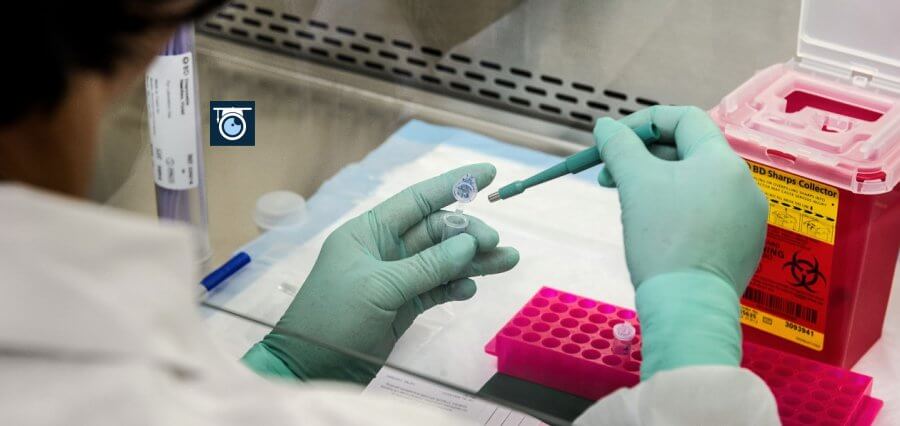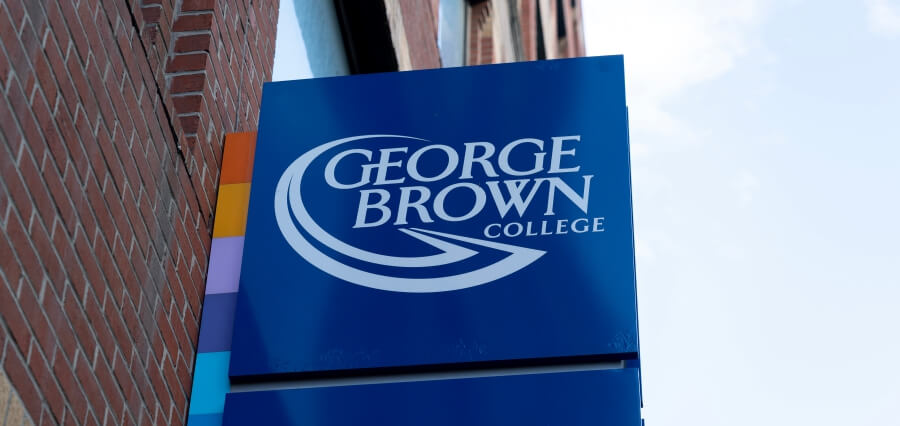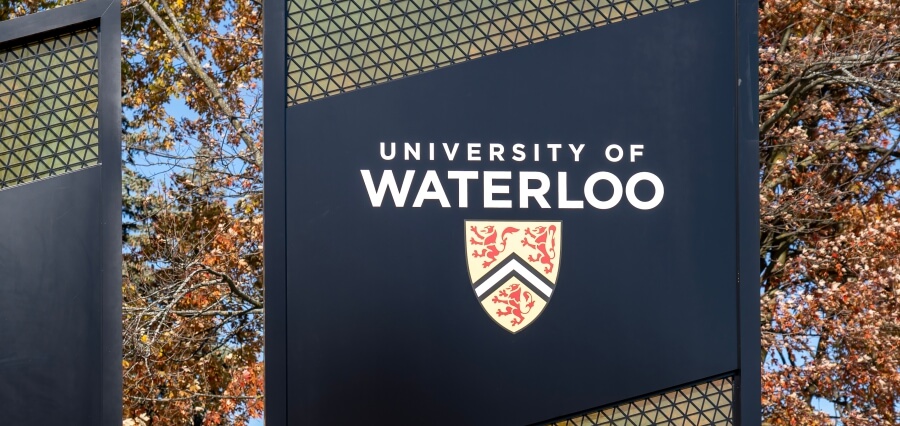According to recent studies, people who recovered from Covid-19 are still under protection after a year. Researchers in the Netherlands wanted to see if individuals who did not require medical treatment also exhibited the protective effects of severe COVID-19. Previous research has repeatedly shown that severe COVID-19 induces natural immunity.
Out of 497 subjects, 95 had COVID-19 antibodies or indicators of a prior infection. Antibody levels were elevated in almost 70% of the population. All but one of those individuals remained strongly positive for the presence throughout all follow-up appointments, which might have lasted up to a year.
Low antibody degradation rates were seen, “suggesting long-term natural immunity,” Dymphie Mioch, a Dutch health researcher who participated in the study in the province of North Brabant, wrote alongside colleagues in the study.
Details of the Study
A prospective cohort study was supported by local health departments and the Dutch National Institute for Public Health and the Environment. Blood samples from participants who donated blood quarterly for a year were analyzed.
None of the participants had to go to the hospital. Participants also responded to questionnaires, including information about their employment, education, and background. Until they received the COVID-19 vaccine, they were monitored for up to a year. Midway through 2021, the last follow-up was undertaken. Immunoglobulin G (IgG) antibodies and total antibody levels were examined. Antibodies indicate that the body is defending itself against re-infection and serious disease. The majority of research on natural immunity focuses on populations that had a severe COVID-19 outbreak or teams of healthcare professionals.
A smaller number of studies examined the immune response to infection in general populations. American researchers discovered that the immune system responded in more than 90% of participants for more than 5 months after infection, and Lithuanian researchers discovered evidence of protection in 95% of the people they studied six months after infection.
These studies present conflicting findings about the duration of detectable antibody levels, the Dutch study found, underscoring the necessity for longitudinal research, or studies that follow subjects over time to track changes.
Detailed Findings
38 of the participants’ IgG antibody levels were decreasing, while 44 were not. Most subjects who did decline gradually lost their protection. In three months, 11% of people saw a fall of more than 50%; the majority had a decline of between 9 and 50%. There was an uptick among the others. IgG antibody decreases were mostly seen in the first six months of the year overall. All 37 patients who underwent all four appointments had detectable antibodies by the time of the fourth visit. The majority had high IgG antibody levels.
Researchers said that they searched for a statistically significant explanation for the degradation but were unable. There were hints that women had declines less frequently and that those with chronic diseases experienced the largest losses. According to certain studies, those with more severe COVID-19 instances have higher levels of antibodies. However, when researchers took that factor – measured as who had a fever into account, they discovered that the difference in their cohort was not statistically significant.
Although our cohort’s participants with fever often had higher antibody levels, the researchers noted that these differences were not significant, possibly reflecting the limited sample size or recollection bias.
Both innate immunity and immunization can guard against serious sickness, but studies show that the former is far more effective, especially now that Omicron has been circulating since late 2021. In the Omicron era, neither natural immunity nor vaccine-induced protection provides long-term protection against reinfection, according to Klausner, a professor from California.






